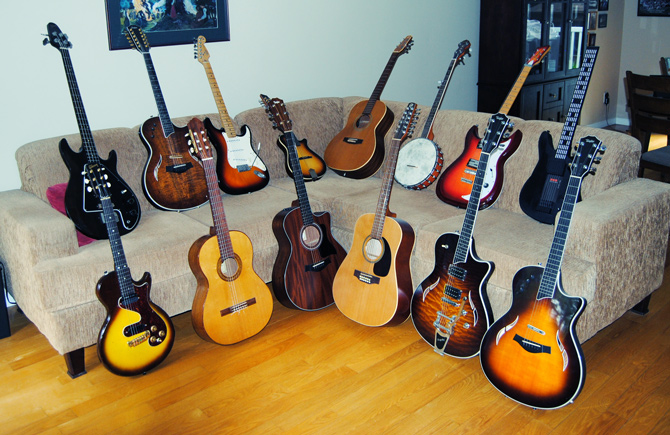In the early twentieth century, the invention of recording technology, the phonograph and the phonograph record made music available to the common people for the first time. In previous centuries, music was very much entertainment for the rich and affluent, symphony theaters and opera houses being beyond the means of everyone else. However, a different, more rural music was emerging, particularly in the British Isles, thanks to composers like Robert Burns (1759-1796) of Scotland and the Irish composer Turlough O’Carolan (1670-1738). These new ballads, reels and jigs came over to America with the European settlers, especially those who settled in the Appalachian Mountain region.
In Appalachia, a particular type of ballad, which singled out tragedies, came to the front. Train wrecks, mining disasters and murders became the subject of many popular songs – dozens were written about the sinking of the Titanic alone. Murder being a purely human venture, both aberrant and alluring, those particular songs became very popular and were known as “murder ballads.” For a brief look at Appalachian music and to hear Alrich, Roch and I play my interpretation of “Little Sadie”, a well-known murder ballad, click here.
The song “Henry Lee” is of Scottish origin with Scandinavian relatives and has several distinct versions with different titles, melodies and lyrics. For me, the definitive version was recorded by Dick Justice (1906-1962), a coal miner from West Virginia. At a time when Blacks and Whites seldom associated, Justice learned guitar from a black bluesman from Virginia named Luke Jordan (1892-1952). Both were able fingerpickers but Justice’s “Henry Lee” is delivered in the most basic of styles. He only recorded ten sides for Brunswick Records in 1929 and they never sold well because of the Great Depression. Afterwards, he went back to the coal mines and an early grave, like so many other miners. His recording of “Henry Lee” is the first song in the Anthology of American Folk Music, eighty-four songs published in 1952, which became the Bible for the Folk Revival.
“Henry Lee”, a quintessential murder balled, is divided into five verses – Lee’s rejection of a potential lover, the girl’s murder of Henry Lee, the gruesome disposal of the body, the murderer’s menacing of a bird who witnessed the murder, and the bird’s retribution.
Part of the charm of the old ballads are the terms and speech patterns left over from an earlier time. In “Henry Lee”, I’ve chosen to “modernize” a few of the expressions used by Dick Justice – “bend and bow” becomes “bended bow”, “wobble” becomes “warble”, etc. Some may wonder how a murder could be committed with a “little pen-knife” but it was originally a “weapon knife,” pronounced “weepin’ knife,” from whence “wee pen-knife,” and an easy verbal jump to “little pen-knife.”
Richard Séguin – voice, acoustic guitar, mandolin
